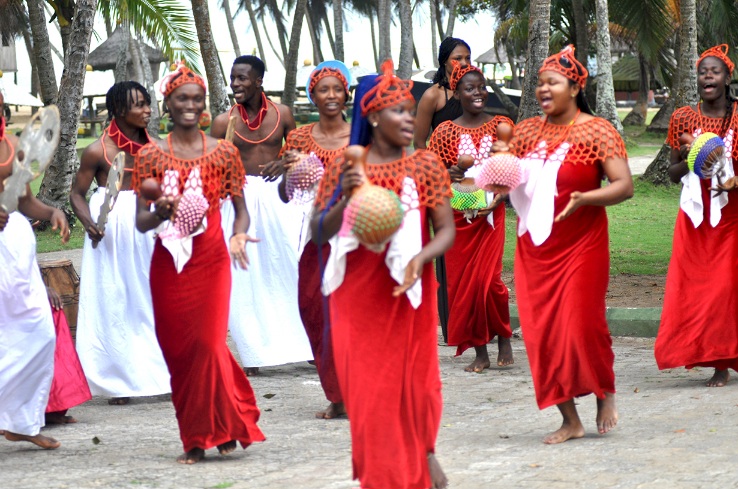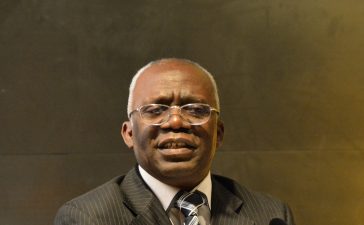As the IPADA Initiatives Celebration approaches its 2025 edition, scheduled for November 29 to December 7, one thing is clear: the event is fast becoming more than a cultural showcase—it is emerging as a strategic business platform capable of reshaping the economics of tourism in Nigeria and across Africa.

Otunba Olawanle Akinboboye, the visionary behind IPADA, has long argued that tourism is not merely an entertainment industry but a catalyst for enterprise development, value chains, and national branding. His latest briefing reinforces that belief. This year’s celebration will unfold on the back of a fortified logistics and security ecosystem, designed deliberately to attract business confidence and stimulate commercial activity throughout the seven-day program.
The security architecture—supported by the Federal Government, Lagos State, and a network of private partners—reads like a blueprint for investor assurance: MOPOL deployment, naval patrols along the waterfront, covert intelligence units, anti-kidnapping squads, and a wide array of solar-powered CCTV surveillance. For an economy where insecurity often scares investors, these layers of protection send a powerful message: commerce is welcome here, and it is safe.
Transport logistics also reflect an intentional structuring of business opportunities. With BRT shuttles, park-and-ride systems from Falomo and TBS, lagoon-based transfers, and a planned helicopter link from the airport to the resort, entrepreneurs in mobility services, hospitality, events, food supply, retail, and digital solutions stand to benefit. A celebration of this scale naturally expands demand—and IPADA 2025 is designed to spread that demand across multiple sectors.
Where the editorial interest deepens, however, is in the rollout of the Agro-Ecotourism Heritage Health Resort Brand. This is not merely an addition to the program; it represents a new frontier in tourism enterprise. By fusing agriculture, ecotourism, heritage storytelling, and wellness, the model opens monetizable pathways for farmers, artisans, culture experts, destination developers, and health specialists. It repositions rural spaces as viable centres for economic activity and turns what were once subsistence-driven farming communities into experiential business hubs.
If executed with the precision suggested by Akinboboye’s plans, IPADA 2025 could become a living example of how festivals, when properly structured, can stimulate entire micro-economies. Vendors, SMEs, and service providers will not only earn revenue; they will gain visibility, partnerships, and long-term contracts. For investors, the 7-day celebration doubles as a scouting ground for new ventures and scalable ideas.
Nigeria’s tourism sector has long suffered from inconsistent policies, underdeveloped infrastructure, and a narrow focus on entertainment. IPADA’s model proposes something different: a year-round, multi-industry business ecosystem anchored by a festival but extending far beyond it.
This vision no doubt is set to be a game changer for Nigeria’s Tourism Sector, and the event this year will not only celebrate African heritage—it will demonstrate that tourism, when designed as an economic engine, can accelerate growth, reduce unemployment, revive rural economies, and attract global capital. In a time when Africa seeks new pathways to prosperity, this may be one of the continent’s most promising experiments.







